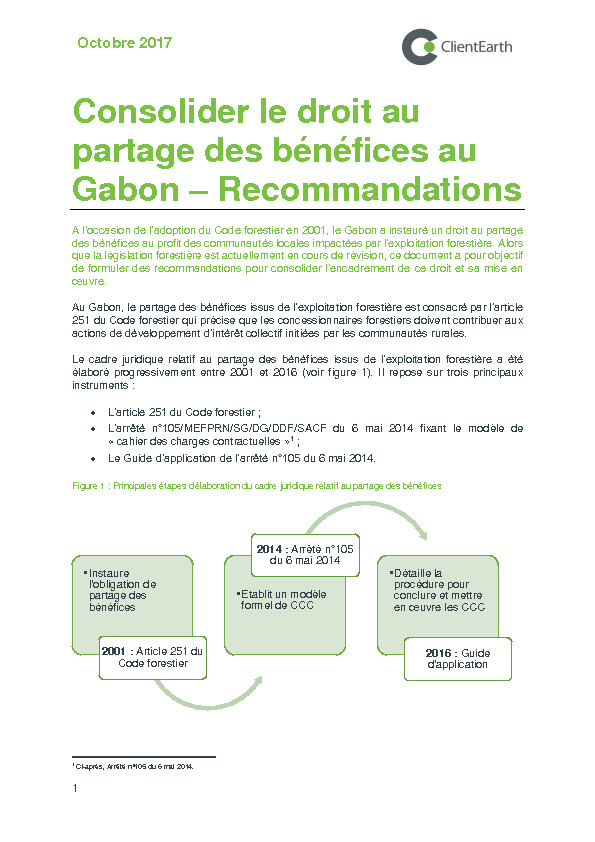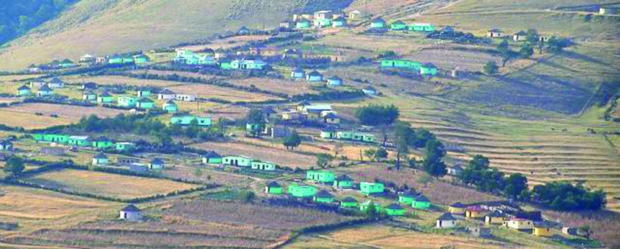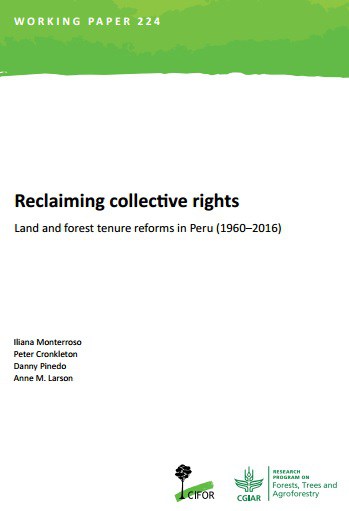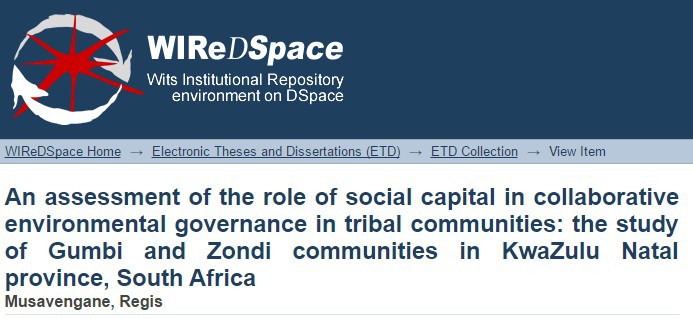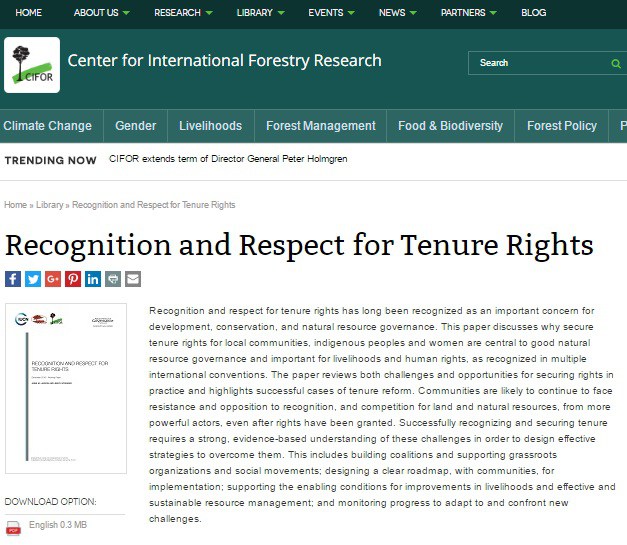Consolider le droit au partage des bénéfices au Gabon – Recommandations
A l’occasion de l’adoption du Code forestier en 2001, le Gabon a instauré un droit au partage des bénéfices au profit des communautés locales impactées par l’exploitation forestière. Alors que la législation forestière est actuellement en cours de révision, ce document a pour objectif de formuler des recommandations pour consolider l’encadrement de ce droit et sa mise en oeuvre.

